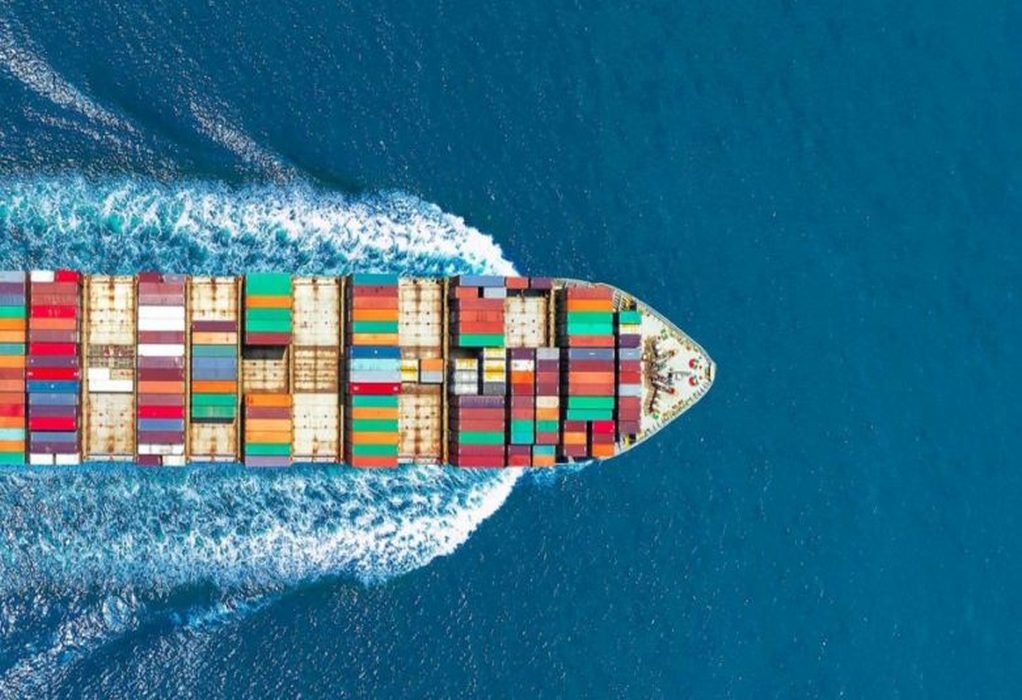Highly respected British shipping emissions consultancy UMAS has delivered an updated verdict on arguably this year’s single most important news item, the outcome of July’s 80th gathering of the Marine Environment Protection Committee (MEPC), heaping plaudits on member states of the International Maritime Organization (IMO) for the leap in green targets.
The new analysis from UMAS, part of University College London, shows how closely aligned the IMO’s revised greenhouse gas (GHG) strategy is with science-based 1.5 degree targets, something which will require strong and rapid responses from national, regional and corporate action in order to remain relevant or risk being “mere compliance/greenwashing”, the organisation stated in a release.
In July, IMO members agreed on so-called indicative checkpoints of reducing emissions by at least 20%, and striving for 30%, by 2030 compared to 2008 levels, and at least 70%, striving for 80%, by 2040, reaching net-zero “by or around, i.e., close to 2050” – qualified by whether “national circumstances allow.”
The IMO’s revised strategy, adopted at MEPC 80, represents a “major leap forward” in ambition, UMAS experts claimed.
“It has brought the sector’s required transition (from fossil fuels to scalable sustainable renewable fuels) into the decade of the 2030s,” UMAS stated, noting that even at the lowest ambition interpretation of the strategy, an average ship’s GHG intensity will need to have reduced by 86% by 2040.
“The era for any interim or transitional steps (many biofuels, blue fuels, onboard CCS, or other fossil fuels like LNG and LPG) that are not directly on the pathway to what the sector will need to look like in 2040, has been squeezed down to a handful of years – further undermining the likelihood of any viable business case,” UMAS, a long-term critic of LNG as a fuel, argued.
UMAS claimed IMO’s progress has now overtaken many of the national, regional and industry steps that were being taken in many cases in support of increasing IMO ambition, as well as to support the sector’s transition in general.
“The IMO’s Revised Strategy creates a very clear onus for a rapid and strong upwards revision of corporate, national and regional actions,” UMAS urged, noting that the pressure to align with 1.5°C is now even higher. Currently, none of shipping’s existing corporate initiatives – including the Poseidon Principles, Sea Cargo Charter and Cargo Owners for Zero Emissions Vessels- reference or align with the United Nations’s guidance on integrity of voluntary net zero commitments. UMAS is recommending these organisations and others align with the 1.5 degree recommendations including all scopes from one to three.
Tags: GHGs, Green Targets, UMAS



Recent Posts
Goltens Partners with Orcan Energy to Expand Marine Waste Heat Recovery Solutions
NWSA Launches First Incentive Program for Zero Emission Trucks in Washington
IHI and Vopak Partner on Ammonia Terminal Development in Japan
Chimbusco Pan Nation Completes First B30 Marine Gasoil Delivery in Hong Kong
ITOCHU Announces Newbuilding Order for Ammonia Bunkering Vessel
India Launches Incentive Scheme for Electric Trucks under PM E-DRIVE Initiative
Royal Caribbean Welcomes LNG-Fueled Star of the Seas to Its Fleet
Swire Shipping Launches ‘Voyage to Zero’ to Help Customers Cut Scope 3 Emissions Swire